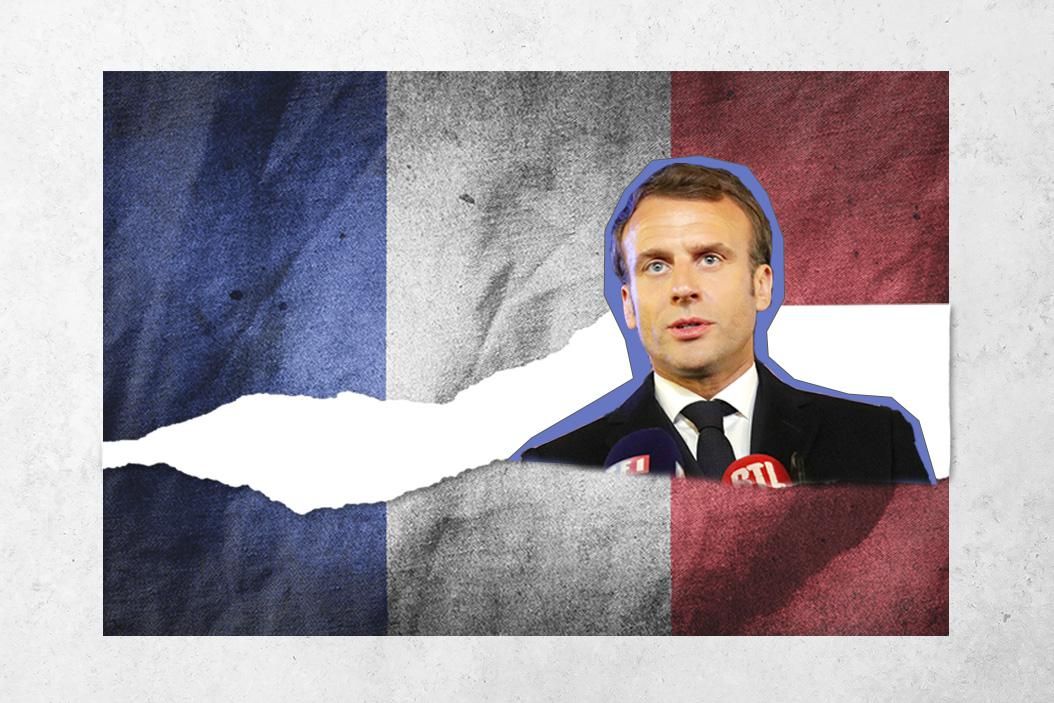France’s right-leaning election. Valérie Pécresse, a minister in former president Nicolas Sarkozy’s government, won a primary on Saturday to lead France’s conservative Les Republicains party in next year’s presidential election. Pécresse is the first woman to head the party of Charles de Gaulle and Jacques Chirac, and is hoping to reinvigorate a party that’s become mostly irrelevant in French politics as anti-establishment sentiment grips the electorate. But Pécresse – a mainstream conservative – has her work cut out for her in an election where far right firebrands Marine Le Pen and Éric Zemmour are holding their own in the polls. President Emmanuel Macron is still five points ahead of Le Pen, who is currently in second place, and would reap about a quarter of the vote if the April elections were held today. But Pécresse’s entry into the race could cause some trouble for Macron. He has tried to paint himself both as a political outsider and as a middle-of-the-road liberal but he is broadly seen as a wishy-washy ideological chameleon. Macron could now be forced to veer further to the right to attract voters who might resonate with Pécresse’s tough-on-immigration and pro-business agenda, particularly amid fears that the omicron variant could force Macron to re-impose unpopular lockdowns.
More from GZERO Media
Hundreds of thousands of people flooded the streets of Istanbul this weekend to protest the detainment of Istanbul Mayor Ekrem Imamoglu, a popular contender for the next presidential election.
Elections are back in the United States — and so is the money. Six months after the 2024 US presidential vote, Wisconsinites will head to the polls Tuesday to decide whether liberal candidate Susan Crawford or her opponent, conservative Brad Schimel,will tip the ideological balance of the state Supreme Court. The liberals currently have a 4-3 advantage.
Syria's interim President Ahmad al-Sharaa speaks during a Ministerial formation of the government of the Syrian Arab Republic, in Damascus, Syria, on March 29, 2025.
In his first trip to Asia this weekend, US Secretary of Defense Pete Hegseth called for greater military cooperation between Tokyo and Washington.
On Sunday, US President Donald Trump issued a stark warning to Iran, threatening to bomb the country and impose secondary tariffs if Tehran fails to reach a new agreement on its nuclear program. In a telephone interview with NBC News, Trump stated, “If they don’t make a deal, there will be bombing. It will be bombing the likes of which they have never seen before.”
President Donald Trump waves as he walks before departing for Florida from the South Lawn at the White House in Washington, D.C., U.S., on March 28, 2025.
Is the bloom off the bromance between US President Donald Trump and Russian President Vladimir Putin? On Sunday, Trump took Putin to task over Russia’s foot-dragging on a ceasefire in Ukraine and threatened to tariff Russian oil and impose more sanctions on the country.
The death toll continues to rise in Myanmar after a devastating 7.7-magnitude earthquake struck near the central city of Mandalay on March 28. Approximately 1,700 people are dead and over 3,400 injured, with the US Geological Service estimating that casualties could top 10,000. Relief operations are further complicated by Myanmar’s ongoing civil war, though a two-week ceasefire was declared on Sunday.
Inside Elon Musk and DOGE's "revolutionary" push to reshape Washington, with WIRED's Katie Drummond
Listen: Elon Musk, the world’s richest man, made his fortune-breaking industries—space, cars, social media—and is now trying to break the government… in the name of fixing it. But what happens when Silicon Valley’s ‘move fast and break things’ ethos collides with the machinery of federal bureaucracy? On the GZERO World Podcast, Ian Bremmer sits down with WIRED Global Editorial Director Katie Drummond to unpack the implications of Musk’s deepening role in the Trump administration and what’s really behind his push into politics.
How long will President Donald Trump’s relationship with Elon Musk last? Ian Bremmer takes a look.
France's President Emmanuel Macron speaks during a press conference following a summit for the "coalition of the willing" at the Elysee Palace in Paris on March 27, 2025.
At the third summit of the so-called “coalition of the willing” for Ukraine on Thursday, French President Emmanuel Macron proposed a multinational “reassurance force” to deter Russian aggression once a ceasefire is in place – and to engage if attacked.
